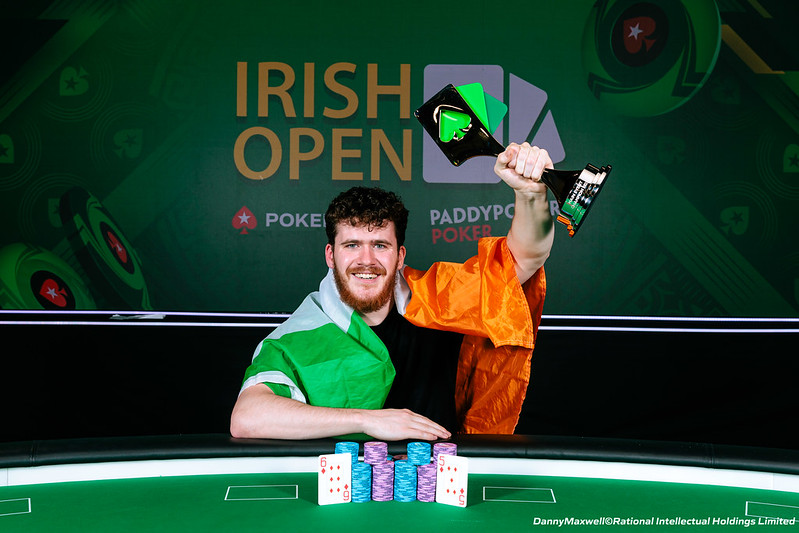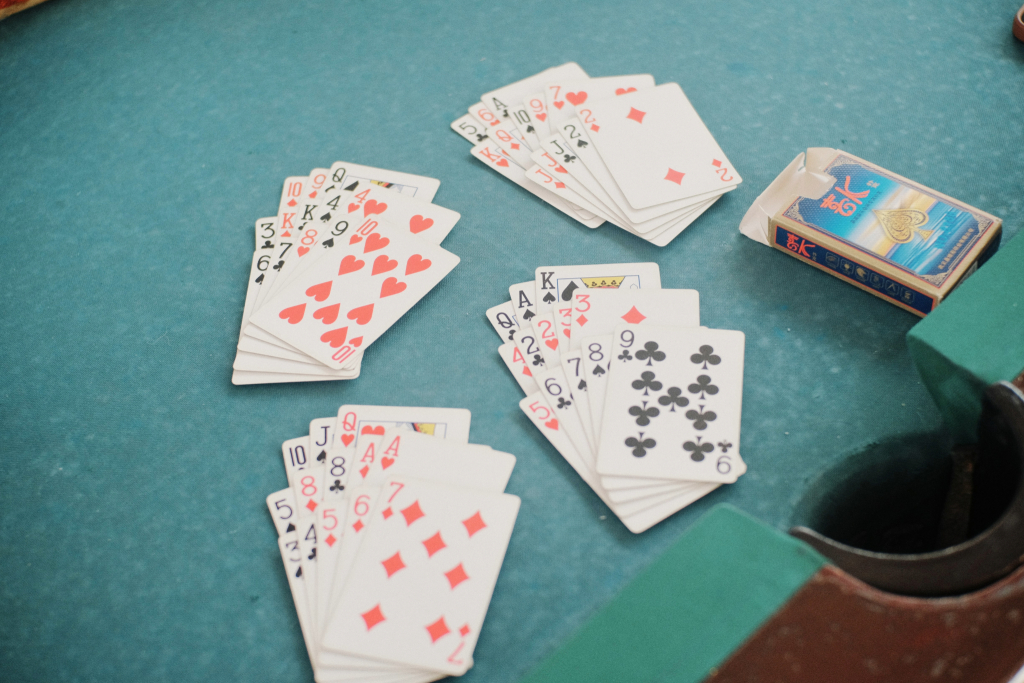ASA Upholds Lottoland Complaint
The Advertising Standards Authority has upheld a complaint made against Lottoland over misleading marketing. The complainant alleged that ads featured on Bing and Google could make consumers believe that the company offers tickets to take part in lottery draws. In reality, Lottoland offers online bets on the results of lottery draws.

The ASA is responsible for regulating the UK’s advertising industry. ©Ekaterina Bolovtsova/Pexels
Misleading Marketing
The UK’s Advertising Standards Authority has supported a complaint it received about online marketing for lottery betting operator Lottoland. The complainant queried whether ads shown on Bing and Google could constitute as misleading, as it was not made clear that Lottoland does not sell lottery tickets.
Lottoland instead offers consumers the opportunity to bet on the outcome of lottery draws. Other products offered by the Gibraltar-based company include online casinos products like slots, table games and card games, as well as digital scratch cards and sports betting. Lottery betting has proved popular amongst consumers, but has also landed the operator in hot water, most recently with the German Glücksspielbehörde.
In total, three of Lottoland’s ads were investigated by the advertising watchdog. The Bing ad stated “Lottoland Irish Lottery – Only £2 Here” and “£209m US Powerball Lotto. £56m Megamillions 6for1. Contact us. Play here”. Meanwhile, two adverts featured on Google included similar language with heavy use of the word “lotto”.
Lottoland responded to the ASA’s investigation, stating that it had previously agreed to make changes to its ads to ensure that reference to betting was made. However, problems with third-party ad templates and settings meant that the ads that were published did not include those amendments.
According to the operator, the advert shown on Bing had been inadvertently generated by a combination of random and sometimes unrelated words from online sources, and then automatically published. For that reason, the ad failed to refer to betting. Bing has now deactivated the setting responsible in the UK market.
Lottoland also explained that the Google ad that stated “Lottoland Irish Lottery – only £2 Here” and “Charity Combo for £2. Win-win charity Lotto + BRC Scratch 50% off. Support UK Charities Here” was a Responsive Search Ad. The operator said that it had updated the “pinned terms” of its Google account so that ads would make reference to betting.
That method should have been enough to create suitable ads, but sometimes Google’s algorithm is not able to make use of pinned terms because of issues with word count and space. The operator has since sought to rectify this issue so that it is not repeated in the future.
Lottoland Ads Banned
The third ad, which was also visible on Google, was an expanded text ad which has since been discontinued. It read “Lottoland Lotto x5 – Just £1 – 5 chances to win £1 million” and “CAN Your Lotto Do That? Lottoland Can”. Lottoland said that the algorithm used by Google omitted some of their keywords.
The operator defended itself by noting that all of the ads referred to Lottoland, stating that this should have made it clear that the services being advertised were provided by Lottoland. It also claimed that the phrase “Irish Lotto” is well-known shorthand for lottery betting products. The operator maintained that it did not believe its ads to be misleading or confusing.
Ultimately, the Advertising Standards Authority chose to side with the complainant in this case. In its judgement, it determined that consumers were likely to interpret “Lotto” as meaning a lottery, and that many people would think that Lottoland offers the opportunity to buy tickets and take part in official lottery draws.
The advertising watchdog also took umbrage with the Google ad’s call to action “Support UK charities here”. The National Lottery is heavily associated with giving to charity, due to its contributions to good causes. The ASA deemed that Lottoland’s phrasing was likely to reinforce the idea that it was offering a lottery.
This is not the first time that Lottoland has faced criticism over its business model. Critics have claimed that the operator’s products take away money from good causes and charities. A significant percentage of ticket sales from National Lotteries in Ireland and the UK go to charity, but this is not the case for Lottoland’s sales. In 2018, the UK imposed a ban on betting on EuroMillions lottery draws.
The ASA ruled that the ads must not appear again in their present form. The ASA instructed Lottoland to make sure that its ads did not continue to mislead the public by obscuring the fact that their product involves betting on the outcome of a lottery rather than participating in the lottery itself. Lottoland must also ensure that all future marketing materials make clear and prominent reference to betting.
New Ad Guidance
Earlier this month, the ASA outlined tougher content restrictions for gambling and lottery advertising. On October 1st, enhanced protections for under-18s came into place as part of measures to reinforce the Committee of Advertising Practice’s commitment to safeguard young and vulnerable people from gambling-related harms.
Marketers are now required to make sure that campaigns are not likely to appeal to children. This rule was already in place to some extent, but the ASA has made its rules around the issue much stricter. Imagery, themes and characters that significantly appeal to children and young people are prohibited.
For advertisers, that means no more campaigns with top tier footballers and players with significant social media followings among under-18s. The same rule goes for all sportspeople, as well as stars from reality TV. Ads can no longer make reference to video games popular with young people.
The updated rules follow the announcement of CAP’s consultation outcome in April. Research carried out by GambleAware, which looked into the impact of gambling ads in the UK, found that regulatory updates could have a positive impact on protecting under-18s from gambling-related advertising harms.
To accompany the new rules, CAP has created detailed guidance to help operators and advertisers fully understand the new strong appeal standard. It also took the opportunity to reiterate existing advice on how its other rules regarding marketing for under-18s should be interpreted.



